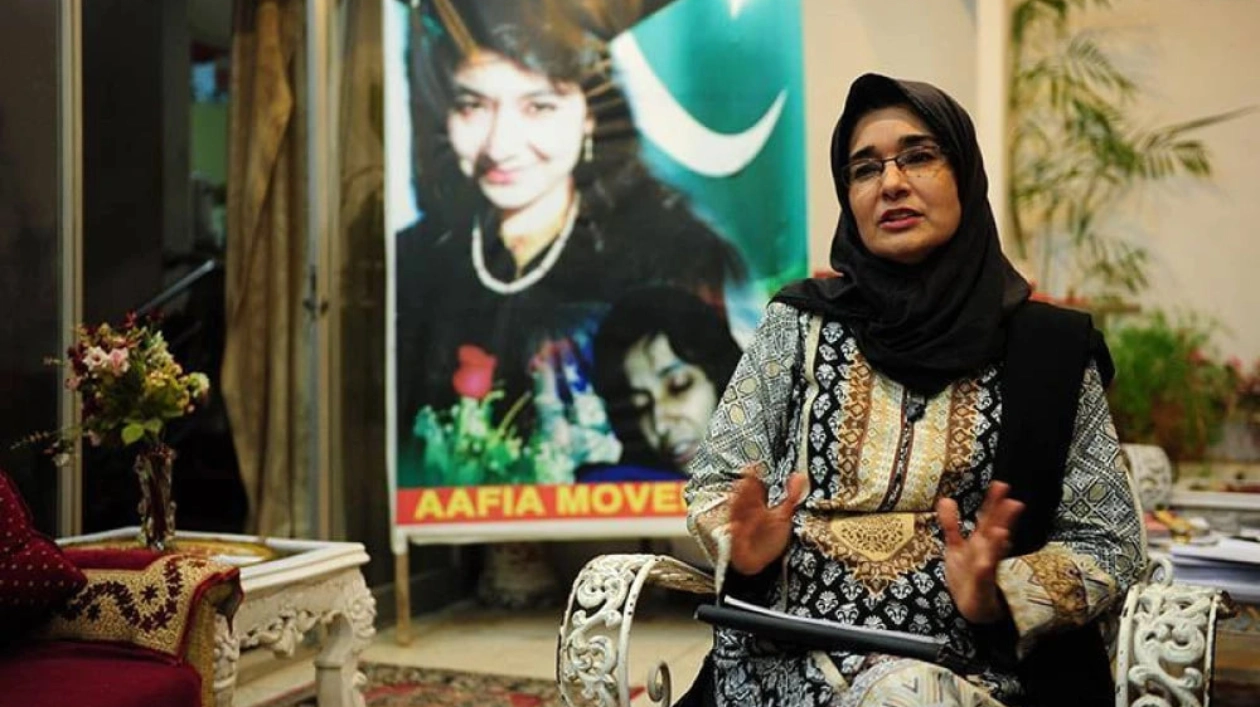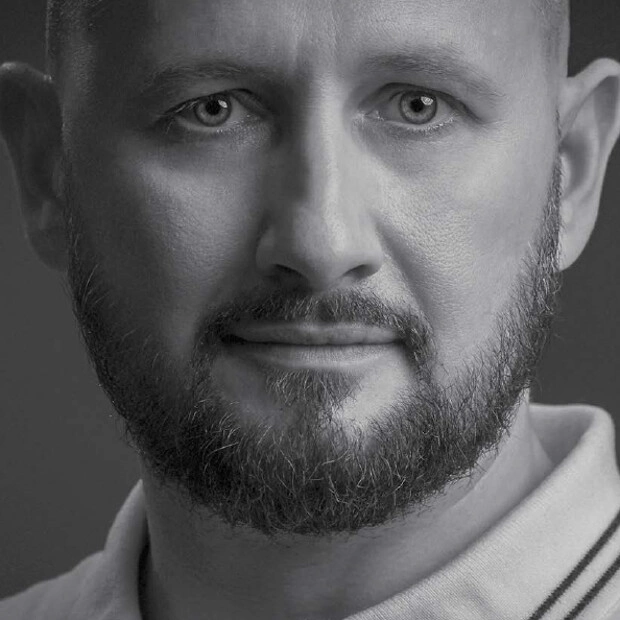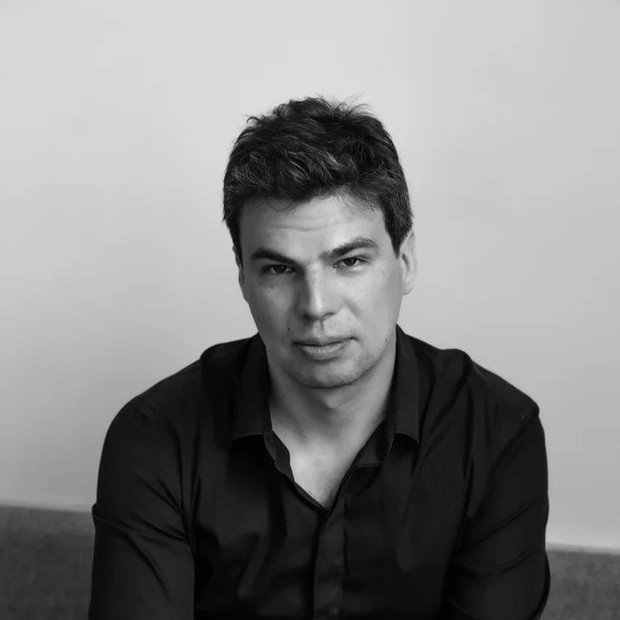Dr. Aafia Siddiqui - The Story Behind the Headlines
The life and case of Dr. Aafia Siddiqui, a Pakistani woman neuroscientist, have garnered significant international attention, sparking heated debates and becoming deeply intertwined with complex geopolitical issues and the broader narrative of the War on Terror. Her story is one of academic brilliance, humanitarian commitment, and unwavering faith, juxtaposed with accusations of terrorism, a controversial trial, and years of imprisonment. It is a story riddled with unanswered questions, conflicting narratives, and passionate public opinion, making it difficult to discern a singular, definitive truth.
While Dr. Siddiqui remains a polarizing figure, understanding the intricacies of her situation necessitates a nuanced approach. It requires moving beyond sensationalized headlines and delving into the factual details of her biography, the events leading to her arrest, and the subsequent legal proceedings. It also demands acknowledging the diverse perspectives and strong emotions her case evokes, from those who champion her as a victim of injustice to those who view her as a threat to national security.
This exploration of Dr. Aafia Siddiqui's story aims to provide a comprehensive and balanced overview, prioritizing factual information while acknowledging the complexities and controversies surrounding her case. It is an invitation to engage in a deeper understanding of the human impact of global conflicts, the challenges of navigating justice in a politically charged environment, and the ongoing quest for truth amidst a sea of competing narratives.
The Biography of Dr. Aafia Siddiqui
Dr. Siddiqui's life journey has been marked by academic achievements, humanitarian work, and a deep commitment to her faith, all of which have intersected with tumultuous global events and ultimately led to her current circumstances.
Family and Early Life
Born in Karachi Pakistan, in 1972, Dr. Siddiqui hailed from a family deeply rooted in both faith and science. Her father, a British-trained neurosurgeon, and her mother, an Islamic teacher and social worker, instilled in her a dedication to both intellectual pursuits and religious values. After completing her early education in Pakistan and Zambia, she moved to the United States in 1990 to pursue higher studies. She excelled at Massachusetts Institute of Technology, earning a B.S. in biology, and later at Brandeis University, where she received a Ph.D. in neuroscience in 2001.
Alongside her studies, she remained dedicated to Islamic teachings and humanitarian efforts. Her volunteer work with the Muslim Students' Association and the Al Kifah Refugee Center, an organization later linked to extremist activities, highlighted her commitment to social justice and advocacy for Muslim communities facing hardship.
Arrest in Afghanistan
Following the 9/11 attacks, Dr. Aafia Siddiqui returned to Pakistan. In 2003, she and her three young children mysteriously disappeared from Karachi Pakistan. Their whereabouts remained unknown for five years, fueling speculation and public outcry. Her family alleged abduction and secret detention by US authorities, citing testimonies from former detainees who claimed to have seen her at Bagram Air Base in Afghanistan. This period remains shrouded in mystery and conflicting accounts, with US officials denying any knowledge of her location before 2008.
In 2008, Dr. Siddiqui reappeared in Ghazni, Afghanistan, where she was apprehended by local police near the governor's compound. The circumstances surrounding her arrest remain contentious, with varying narratives from Afghan police, United States officials, and Dr. Siddiqui herself. She was found in possession of documents related to explosives and chemical weapons, as well as handwritten notes referencing US landmarks. US authorities accused her of attempting to harm US personnel during interrogation, while she maintained she was trying to escape. This incident ultimately led to her extradition to the USA to face trial.
Trial and Conviction
Dr. Aafia Siddiqui's 2010 trial in New York City garnered significant media coverage and public interest. The prosecution presented evidence linking her to extremist groups, including alleged connections to Khalid Sheikh Mohammed, the mastermind of the 9/11 attacks, and accused her of planning attacks on US soil. The defense maintained her innocence, highlighting the lack of forensic evidence directly connecting her to the shooting in Ghazni and raising concerns about the handling of evidence and the potential for coercion during her interrogation.
The trial also brought to the forefront concerns regarding Dr. Siddiqui's mental health. Psychological evaluations presented conflicting assessments, with some suggesting she was malingering while others diagnosed her with depression and post-traumatic stress disorder. The court ultimately deemed her competent to stand trial.
After a two-week trial, she was found guilty on charges of attempted murder and assault and sentenced to 86 years in prison. The verdict sparked outrage and protests in Pakistan, where many viewed her as a victim of injustice and a symbol of anti-Muslim sentiment in the post-9/11 world.
Public Reaction and Political Implications
Dr. Siddiqui's case has elicited strong reactions from diverse groups around the world, reflecting the complex interplay of geopolitical tensions, human rights concerns, and the war on terror narrative.
In Pakistan:
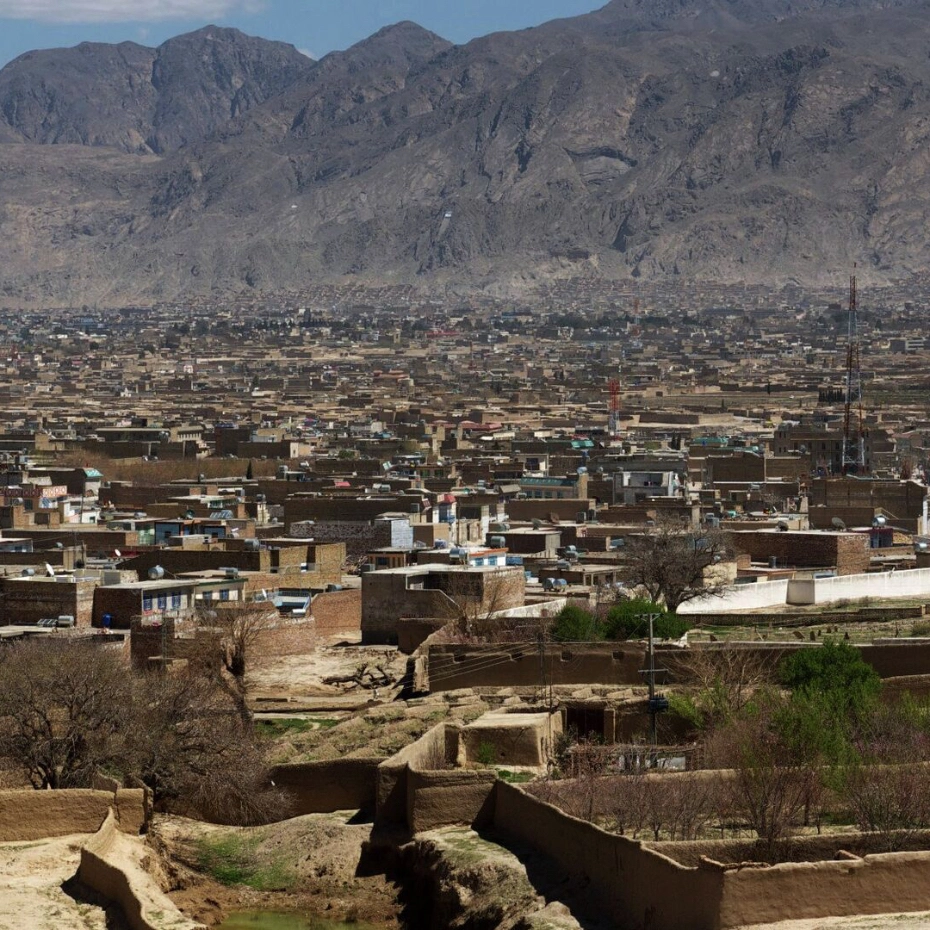
Widespread Support: Dr. Siddiqui is widely viewed as a national heroine, with many believing in her innocence and advocating for her release. Her story has become a rallying point for those critical of foreign policy and the war on terror, with protests and campaigns demanding her repatriation.
Political Pressure: The Pakistani government has consistently called for her release, even offering legal assistance and engaging in diplomatic efforts with the US. This reflects the significant public pressure and the case's impact on Pakistani-American relations.
In the United States:
National Security Concerns: The case has been framed within the context of national security and the fight against terrorism. Some view her conviction as a victory against extremism, while others express concerns about the trial's fairness and the potential for human rights violations.
Muslim Community Advocacy: Several Muslim organizations in the US have raised concerns about the case, highlighting the potential for bias and Islamophobia that may have been present in the judicial system. They advocate for a fair and just review of her case and draw attention to the broader issue of human rights in the context of counter-terrorism efforts.
Global Impact:
Symbol of Injustice: Dr. Siddiqui's story has resonated with many around the world who perceive her as a victim of the war on terror and a symbol of the injustices faced by Muslims. This has led to international campaigns advocating for her being released from prison and raising awareness about human rights concerns related to counter-terrorism policies.
Hostage Negotiations: Several extremist groups, including Al-Qaeda and ISIS, have attempted to negotiate hostage releases in exchange for Dr. Siddiqui's freedom. This demonstrates the symbolic significance of her case within extremist circles and its potential impact on international security dynamics.
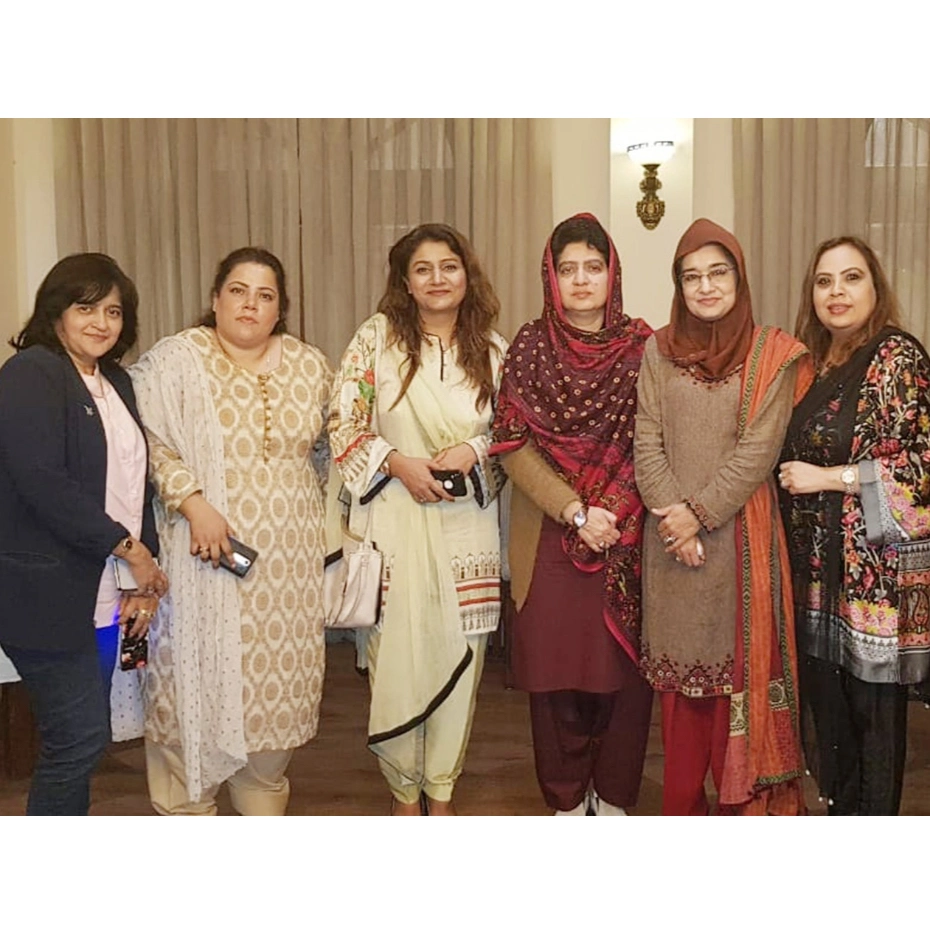
Moving Forward
Dr. Aafia Siddiqui's case remains a complex and emotionally charged issue with far-reaching implications. Understanding the various perspectives and the intricate details of her situation is crucial for engaging in informed discussions and fostering dialogue around human rights, justice, and international relations. As the story continues to unfold, it is important to remain committed to seeking truth, advocating for fairness and transparency, and working towards a more just and peaceful world.
